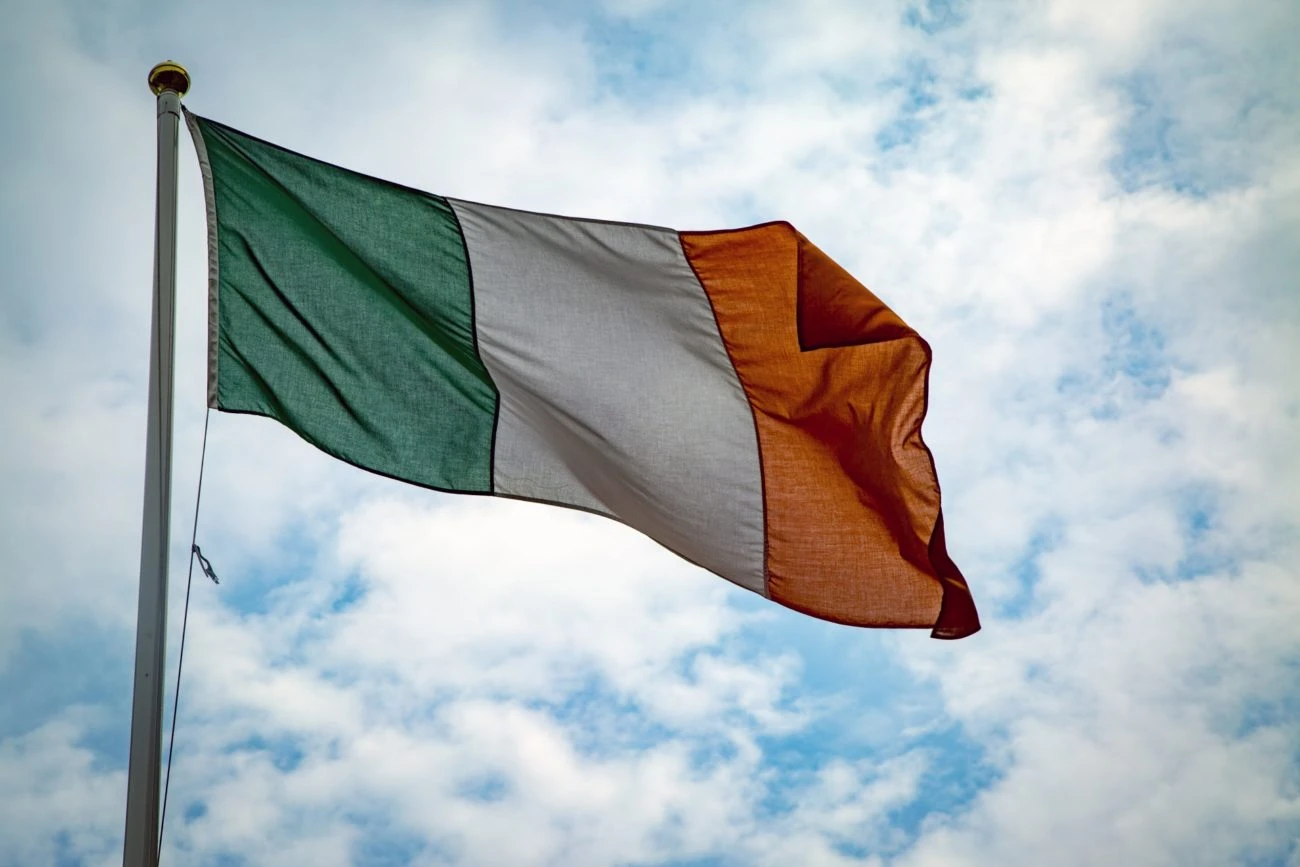Study estimates problem gambling rate in Ireland at one in 30

Based on anonymous online panels featuring 2,850 adults, the results suggest the problem gambling rate in Ireland is ten times what was estimated in 2019. The earlier estimates were based on face-to-face interviews with respondents.
ESRI says the latest figure closely matches the rate of problem gambling that people see among friends and family. Researchers add the amounts people reported spending on gambling compare well with national figures for industry revenue. This, the report says, suggest they did not over-record gambling.
Pete Lunn, head of ESRI’s Behavioural Research Unit, says the estimated rate translates to 130,000 people suffering with problem gambling. As such, he says that the issue is more widespread than initially thought.
“It is hard to measure problem gambling precisely,” Lunn said. “But we are confident that one in 30 adults more accurately reflects the true situation than previous estimates.”
Average monthly problem gambling spend at €1,000
Other key figures in the report include a further 279,000 adults show moderate evidence of problem gambling. This, the study says, means they suffer several negative behaviours or experiences associated with gambling but fall short of being classed as problem gambling.
Those identified as having problem gambling spend over €1,000 (£866/$1,050) a month on average on gambling. This, researchers say, suggests over a quarter of all money spent on gambling is spent by people with problem gambling.
Online gambling accounts for three-fifths of total gambling spend of people with problem gambling. People under 50 have higher rates of problem gambling, with players in their 30s estimated to have the highest rate.
The most common forms of gambling were lotteries and scratch cards, followed by betting on horses, greyhounds and other sports. Slot machines and casino gambling, particularly online, were more common among people with problem gambling.
As for why people suffer from problem gambling, findings suggest this is due to the widespread availability of gambling and exposure to related advertising. This was opposed to people’s character or upbringing.
Ireland edging closer to new regulator
The study took place in August 2023 and was commissioned through the Implementation Team supporting the new Gambling Regulatory Authority of Ireland and the Department of Justice.
Currently before the Oireachtas Irish parliament, the Gambling Regulation Bill 2022 sets out the framework and legislative basis for the establishment of a new, independent statutory body: Údarás Rialála Cearrbhachais na hÉireann (Gambling Regulatory Authority of Ireland).
Subject to the support of both houses, lawmakers are hoping to push the bill through the Oireachtas before the end of the year.
“The true extent of problem gambling in Ireland is hidden from public view and the importance of this ESRI study in shining a light on the extent of gambling harm in Ireland cannot be underestimated, CEO designate of the Gambling Regulatory Authority, Anne Marie Caulfield, said.
“Problem gambling impacts not just on the individual involved but also on their family and friends. The insights from this and other studies into gambling in Ireland will be invaluable to the Authority as we undertake our work in education, awareness and in introducing other measures, such as the exclusion register, to protect against gambling harm.”
Underage gambling also an issue in Ireland
The study comes after a report last month also flagged concerns over underage gambling in Ireland.
The report suggests almost one in four 16-year-olds in Ireland gambled for money during the past 12 months. In addition, nearly a quarter say they had trouble controlling their gambling habits.
Irish law states people must be at least 18 in order to legally gamble.
